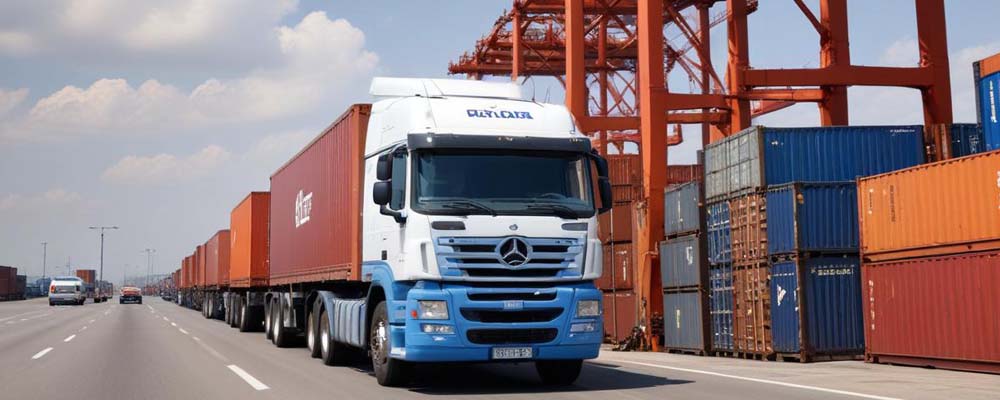
In the complex ecosystem of global trade, the freight forwarder emerges as a crucial yet often underappreciated protagonist. As international commerce grows, understanding the vital role of freight forwarders is essential for optimizing supply chain strategies. This post explores their key functions, extensive services, and importance in global trade.
Defining Freight Forwarders
A freight forwarder connects shippers with transportation services like sea, air, and land freight. Using their logistics expertise and network of agents, they ensure efficient and cost-effective transport of goods from manufacturers to final destinations.
Unlike carriers who physically move goods, freight forwarders specialize in coordinating global shipments. They negotiate with carriers, secure cargo space, and manage documentation to ensure compliance with domestic and international shipping regulations.
Core Services of Freight Forwarders
Freight forwarders provide a suite of services that streamline the transportation of goods across borders. These services include:
- Customs Clearance: Mastering the complexities of customs regulations is a primary service offered by freight forwarders. They handle all necessary documentation and procedures to ensure goods clear customs swiftly, thus avoiding costly delays and penalties.
- Consolidation Services: Freight forwarders combine multiple LCL shipments into an FCL, reducing transport costs and enhancing shipping efficiency.
- Cargo Insurance: Freight forwarders arrange comprehensive insurance to protect against potential losses during transport, providing shippers with peace of mind.
- Documentation Services: Managing the extensive paperwork required for international shipping, from the bill of lading to export and import forms, is another critical service provided by freight forwarders.
- Warehousing and Distribution: Many freight forwarders offer or coordinate warehousing solutions, both for short-term and long-term storage, which is essential for managing efficient shipment schedules.
- Risk Assessment and Management: Freight forwarders evaluate potential risks associated with transporting goods and recommend the best handling methods and routes to mitigate these risks.
Why Freight Forwarders Are Essential in International Trade
Freight forwarders are essential to international trade, ensuring smooth and efficient cross-border goods transportation. Their expertise in customs regulations, shipment consolidation, and logistics management streamlines shipping, enabling businesses to focus on core operations.
By optimizing logistics and supply chain management, freight forwarders significantly cut costs and boost product competitiveness in international markets. Their expertise is crucial in today’s global economy for timely, cost-effective deliveries.
As strategic partners, freight forwarders play a key role in international shipping and logistics, helping access new markets and ensuring seamless trade.
Conclusion
Freight forwarders are crucial to international trade, ensuring smooth and efficient transportation of goods across borders. Their expertise in customs, shipment consolidation, and logistics simplifies shipping for exporters and importers, allowing them to focus on core activities.
By optimizing logistics, freight forwarders reduce costs, enhancing product competitiveness in global markets. Their role is vital in today’s economy, where timely, cost-effective delivery is essential.
Additionally, freight forwarders are strategic partners in navigating the global marketplace, unlocking new markets, and ensuring seamless trade flows.











